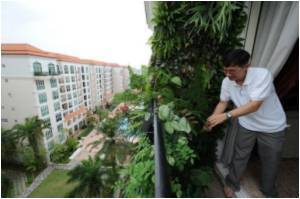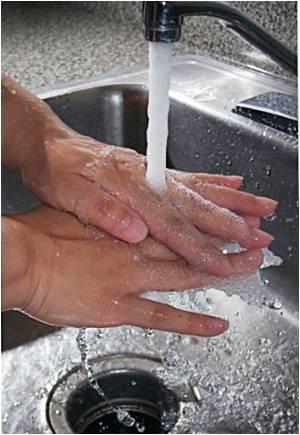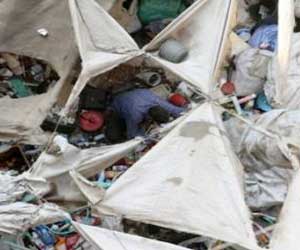If you often feel tired and sick or suffer from allergies, your home could be the culprit, says an expert.

"Since World War II we have unleashed tens of thousands of chemicals into the environment, the great majority of which have not been tested to determine their impact on human health," the Sydney Morning Herald quoted her as saying.
It can be overwhelming to hear that everything from the paints, glues and plastics in our houses to the creams and powders we put on our skin are potentially toxic.
But it is something we can't afford to remain ignorant of, said Bijlsma.
In an ideal world we'd all build our own house from scratch on a piece of land that has not been contaminated by chemicals and is far enough away from power lines, substations, busy roads and farms that use certain pesticides and chemicals, she said.
Bijlsma said adopting a precautionary principle is a starting point.
Advertisement
Opening windows to freshen up your house and taking off shoes to minimise the amount of dust, chemicals and pesticides brought into the house with you are also good ideas.
Advertisement
Check the history of the site with the local council. If you suspect the site is contaminated with industrial or farming chemicals or has been used as a dumping site, get the soil tested.
Make sure high voltage transmission lines are at least 200 metres away, street powerlines 100 metres away and transformers, substations and underground powerlines at least 20 metres away.
Don't buy a house on a major arterial road and make sure the nearest mobile phone tower is at least 300 metres away.
Check that the plants and wildlife on the site are healthy as this is a good indicator that the site is healthy.
Be aware of any nearby farms, golf courses, parks and schools as many of them regularly use chemical pesticides. Check with the local council or individual organisation to determine what pesticides are used and how frequently.
Source-ANI









